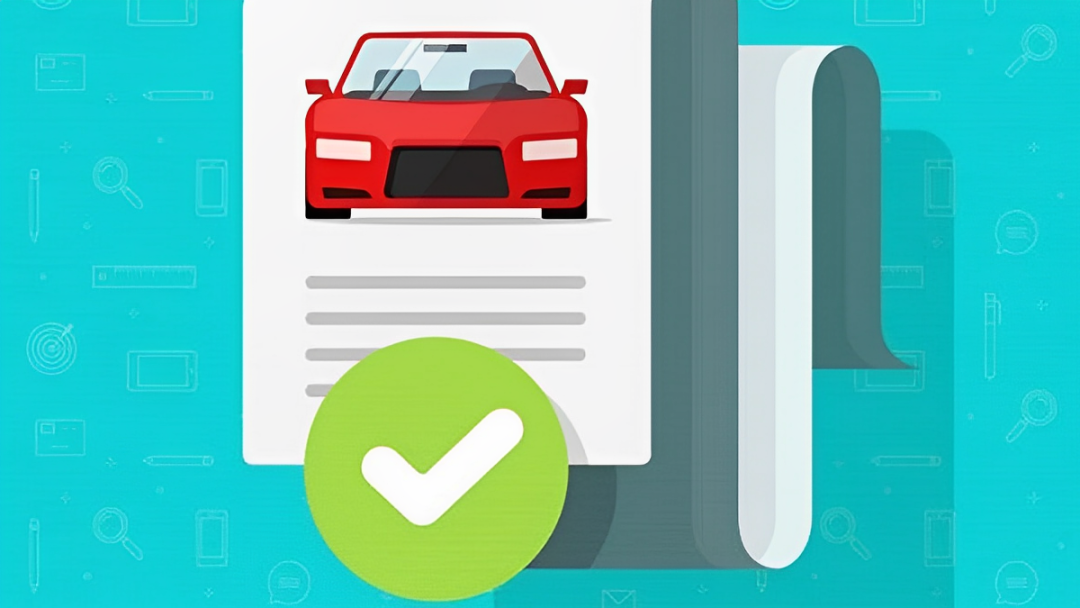You always take on a certain risk when buying a used car. However, if you know how to check car accident history before you buy a used car, you could have far fewer problems in the future. Even if you must pay a few dollars for a vehicle history report, it could save you thousands of dollars later. In this blog, we’ll let you know how to check car accident history to save yourself from future chaos.
Related: Driving Licence Gujarat – Eligibility & How to Apply Online
Car accident history: What is an accidental vehicle?
Why and how to check car accident history online? Many of you must be wondering why and how to check car accident history. A vehicle that has been involved in one or more accidents, usually resulting in damage to the entire vehicle structure or frame, is called an accidental vehicle.
Accidents can have many causes. It is important to know how to check vehicle accident history India of such vehicles. Head-on collisions rear-end collisions, accidents caused by drunk or distracted driving, or minor fender damage. These accidents can cause minor to significant damages. Thus, it is crucial to know how to check car accident history online.
When a particular vehicle is involved in an accident, insurance companies assess the damages and determine if the car can still be repaired or salvaged, or whether it will be considered a total loss. If the repair costs exceed the value of the vehicle, the insurance company will declare the vehicle a total loss and pay the owner the market value of the vehicle.
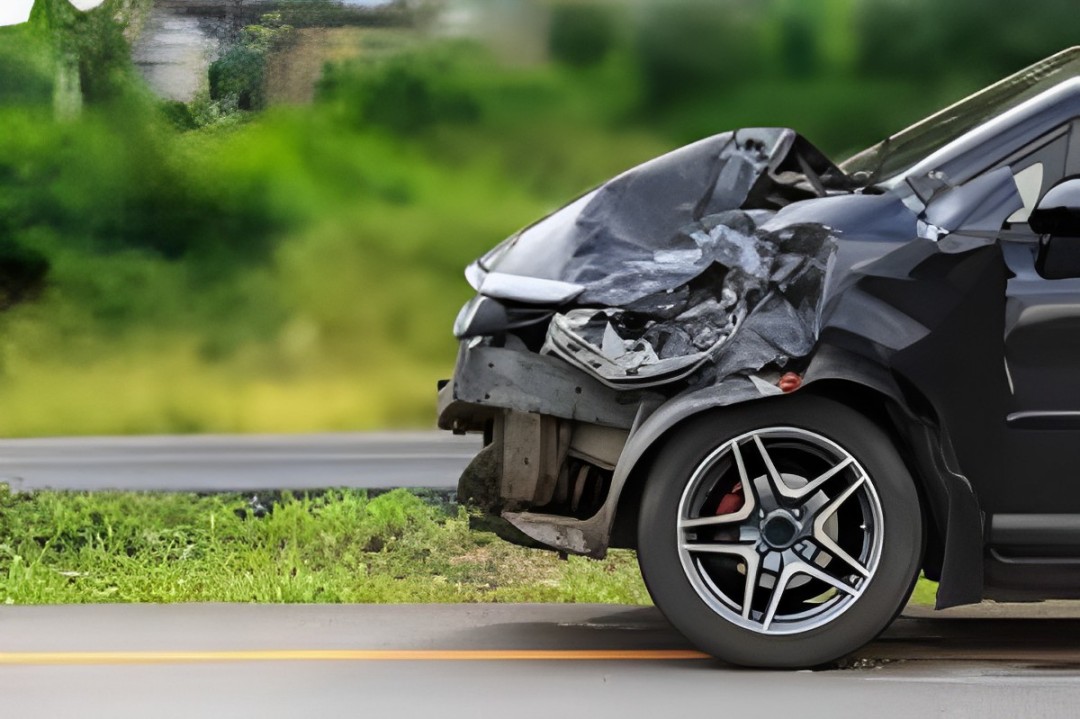
If a car is declared a total loss, the insurance company will take it and sell it to a scrap yard. The scrap yard will then either take the car for repairs or trade it for scrap for money. If your vehicle has been involved in an accident, it is important to make sure that all repairs are done correctly and that the car is safe for current or future drivers. How to check vehicle accident history India plays a major role here.
It is also important to know that a car in an accident may have a lower resale value than a car that has not been in an accident, even if the repairs were done correctly and were barely noticeable. If you are considering buying a junk car, we recommend having it thoroughly inspected by a professional mechanic to ensure that repairs have been properly made and the car is still safe to drive.
We also recommend checking the vehicle’s accident history and being aware of any existing or potential problems before purchasing.
What is a Vehicle Accident History?
A vehicle accident history report is tied to your car or truck’s Vehicle Identification Number and shows the car’s entire history from when it was new. This will list sales, vehicle registrations, and accidents. The vehicle history report will also show if the vehicle has been stolen has had flood, fire, or hail damage, and has had salvage or other brand titles.
While not all accidents are reported to insurance or authorities, a vehicle’s accident history can be useful as it will show previous owners, vehicle accidents, repairs, and even any outstanding recalls on the vehicle. Always check the accident history report of any car you want to buy before you buy a car, talk money, or make an offer. If the seller refuses to give you the VIN to do this, it should be a warning to you.
There are some things the seller doesn’t want to tell you. A VIN check will not only save you money, but it could also cause you a lot of problems down the line.
What you’ll find when you know how you check car accident history
After getting a comprehensive report after implementing steps on how to check car accident history, you can find out a lot of information about your used car by simply entering the chassis number or license plate number into our handy search engine.
- It will show you the car’s make, model, year, make, trim level and more.
- All previous owners and ownership periods.
- Warranty details.
- Serious accidents involving vehicles.
- repairs.

- When a vehicle’s speedometer reading is reset.
- Title burn-in.
- Total loss or salvage title.
- Damage caused by flood, fire, hail, etc.
- If an airbag has been deployed inside the car.
- Structural damage to the car.
- The maintenance history of the vehicle (how it has been maintained).
- Last reported mileage from the most recent title.
- It failed an emissions test.
- There are recalls for the same vehicle.
- Whether the car has ever been leased or used for police purposes.
- Vehicle History Reports also contain other information.
- Having a VIN collision report can save you thousands of dollars if you don’t buy a junk car or a defective car sold as used.
How to Check Car Accident History
Let’s start from the basics of how to check car accident history online. To find out if a car has been in an accident, perform a VIN search, check the vehicle history report, and have a good, trusted mechanic thoroughly inspect the vehicle. He or she will be able to look for obvious signs that the vehicle has been involved in an accident.
He or she may be able to spot things that you as a buyer would not notice. Aside from physically checking the car, you can also use online sources to run the vehicle registration and get a vehicle history report that shows the entire history.
How to check car accident history online in India?
Checking a car’s accident history is one of the most important steps when buying a used car. It is important to know the history of the car so that you don’t buy a car that has had accidents or other issues that may affect its safety or performance.
How to check the accident history of a vehicle in India: Ask the owner
If you are buying directly from the current owner, talk to him/her how to check car accident history. Some owners are happy to share information about their car.
Check the history
- Get the VIN (Vehicle Identification Number) of the car
- Contact a service center or dealership about making an insurance claim against the vehicle
- Note that some manufacturers may be reluctant to share this information
Consult an expert
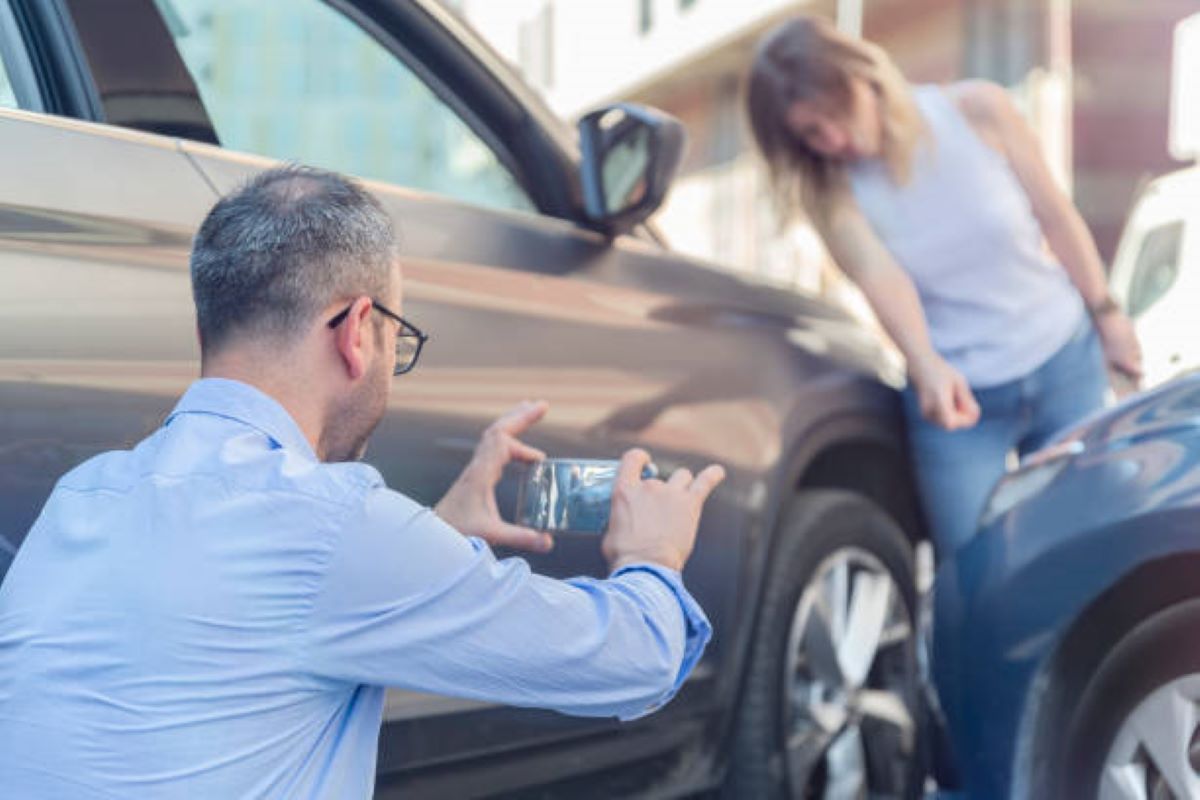
Take your car to a trusted mechanic or specialist for a check by an auto expert on how to check car accident history. A mechanic can identify hidden problems that you cannot see Bumper inspection. Pay close attention to the bumper of your car. Insurance claims often necessitate bumper replacement, but the quality of the repair may vary depending on the signs of serious damage.
Body gaps
Inspect all body panels for uniform design. Noticeable gaps between body panels may indicate a previous accident that was not properly repaired.
Paint Analysis
Inspect the vehicle’s paint carefully, preferably in sunlight. Repainted body panels may have uneven paint or slight differences from the original. Repainted surfaces may hide previous interior damage.
Underbody Inspection
If possible, take the vehicle to a repair shop for a thorough underbody inspection. Alternatively, use a flashlight to inspect the underbody for rust and salt buildup. Look for weak parts or excessive rust that may indicate an accident or chassis damage. Compare the serial number on the windshield to the other windows. A different serial number may indicate that the windshield has been replaced following an accident.
Wrinkled surface
Open the bonnet and check all connections for wrinkles or bent surfaces. Wrinkled surfaces may indicate that a part was damaged in an accident and not repaired properly. Check the uniformity of screws and bolts. New-looking bolts may raise questions about replacement.
Inspect the Engine Compartment
After checking the body and exterior, it’s time to enter the engine compartment. A clean engine bay and issues with the bodywork could be an indication that the engine has been given extra attention due to previous issues. Such discrepancies could be an indication that the owner wants to sell the car fast.
Pro Tip:If you don’t like the idea of having to go through this tedious process, you can buy your next car from CarYanams. We boast one of the best collections of used cars in India, carefully checking over 140 parameters. This means that you don’t have to worry about these things.
Plus, our free delivery to your home and hassle-free 7-day return period make the entire experience not only comfortable but also incredibly stress-free.
Go ahead!
Give it a go!
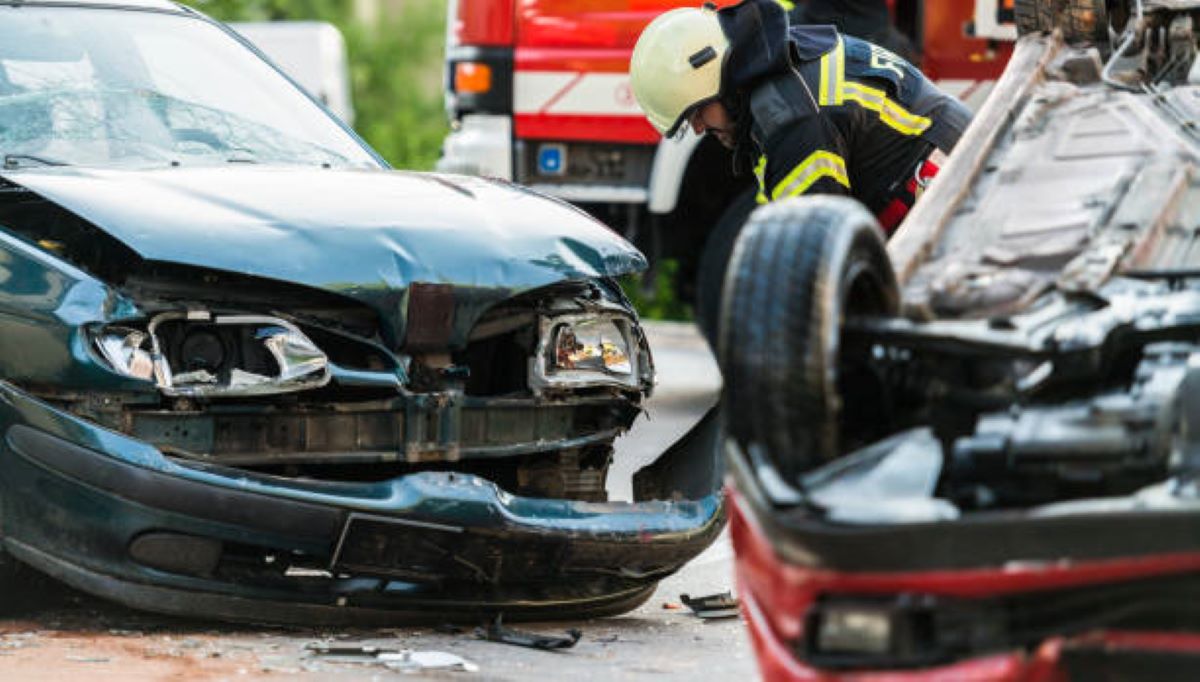
Why do you need to check a car’s accident history?
- Why check anything in the first place?
- Why should you take your temperature when you’re not feeling well?
- Why should you try that soup you’ve been making for your partner all afternoon?
- Why should you wear a helmet when riding your bike?
Because it’s the only best thing you can do.
Safety Cars that have been involved in accidents may have unseen damage that could affect their safety and reliability on the road. This can include damage to the tyres, frame, suspension, or other components that could render the vehicle unroadworthy. A thorough check of accident history can help you avoid purchasing a car that may put you and your passengers at risk.
Insurance
Some insurance companies may charge higher premiums for accident vehicles or may refuse to insure these vehicles outright. If your car has been in an accident in the past, it is important to check with your insurance company what their policy is for such accidents.
Resale Value
Vehicles that have been involved in accidents generally have a lower resale value than vehicles that have not been involved in accidents, even if repairs are done correctly. This is usually an important factor to consider when buying a car, as it can affect the overall value of the car over time.
Maintenance
Accidental vehicles may have unseen damage that over time can affect their overall lifespan and maintenance costs. Checking the accident history of a car can help you avoid buying a car that will require costly repairs and maintenance in the future.
Legal Requirements
In some countries, such as the US and Canada, it is mandatory by law to disclose accident history when selling a vehicle. This is not the case in India. It is therefore important to check the accident history of a vehicle before buying it so that you are aware of any potential issues with the vehicle and ensure that the seller is following legal requirements.
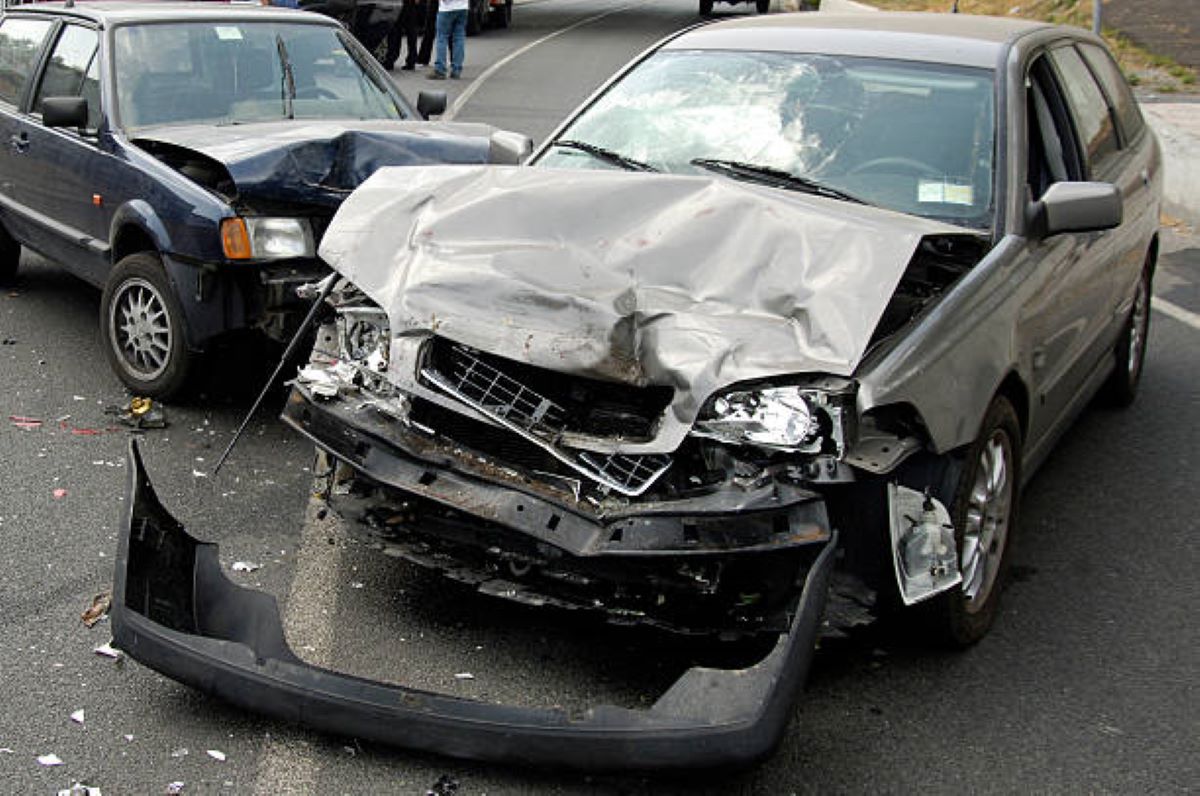
Visit an Authorized Service Centre
First, visit the authorized service centre where the seller claims to have serviced the vehicle. Request for maintenance records which provide information about maintenance and repairs. Look for signs of frequent accidents and major repairs.
Contact your insurance company
Contact the vehicle’s insurance company and inquire about previous insurance claims related to accidents or damages. This may reveal valuable information about the vehicle’s history such as accident records, flood damage, insurance claims etc.
Signs that a car has been in an accident
Telltale signs that a used car has been in an accident include
Signs of repairs
Talk to a mechanic about misaligned body panels, broken or repaired seams, and gaps in the metal. A trained eye will tell you where repairs have been made, even if done correctly. Gaps are a telltale sign that the car was damaged at some point.
Inspect the paint
Look for signs of mismatched paint, faded spots, discolouration, or anything that doesn’t look original. This means that they’ve tried to adjust the paint colour after the repair but failed. Pay particular attention to areas where body parts gather, such as around windows and mirrors.
Unusual Noises
Look for unusual signs when opening doors, starting the engine, or closing the trunk. If you hear creaks, bangs, or other unnatural sounds, they could be signs of a previous accident.
Cheap Parts
Look for cheap replacement parts that seem to have been installed recently to fix something. Replacement parts from manufacturers often don’t match the original parts. This should be a warning sign that something is wrong.
Even if the vehicle history doesn’t show any warning signs, a test drive may reveal some of these issues.
There are a few ways to check a vehicle history report online. The first way to check a used car’s accident history for free is to use a tool from the National Insurance Crime Bureau (NICB) called VIN Check. The company is interested in insurance data, so they drop all insurance claims due to accidents, floods, fires, etc. with the vehicle.
You should also know if the used car was reported stolen or totalled or in an accident. You might want to stay away from these. Many other third-party websites comb through public data and compile vehicle history reports to help you identify cars and trucks you should stay away from.
A VIN check is free and easy, but some places will charge a small fee to provide you with the details. Either way, this information is invaluable when buying a used car. You can purchase a single report or a package that lets you create multiple reports. Review the company’s sample reports to see if they include the information you need.
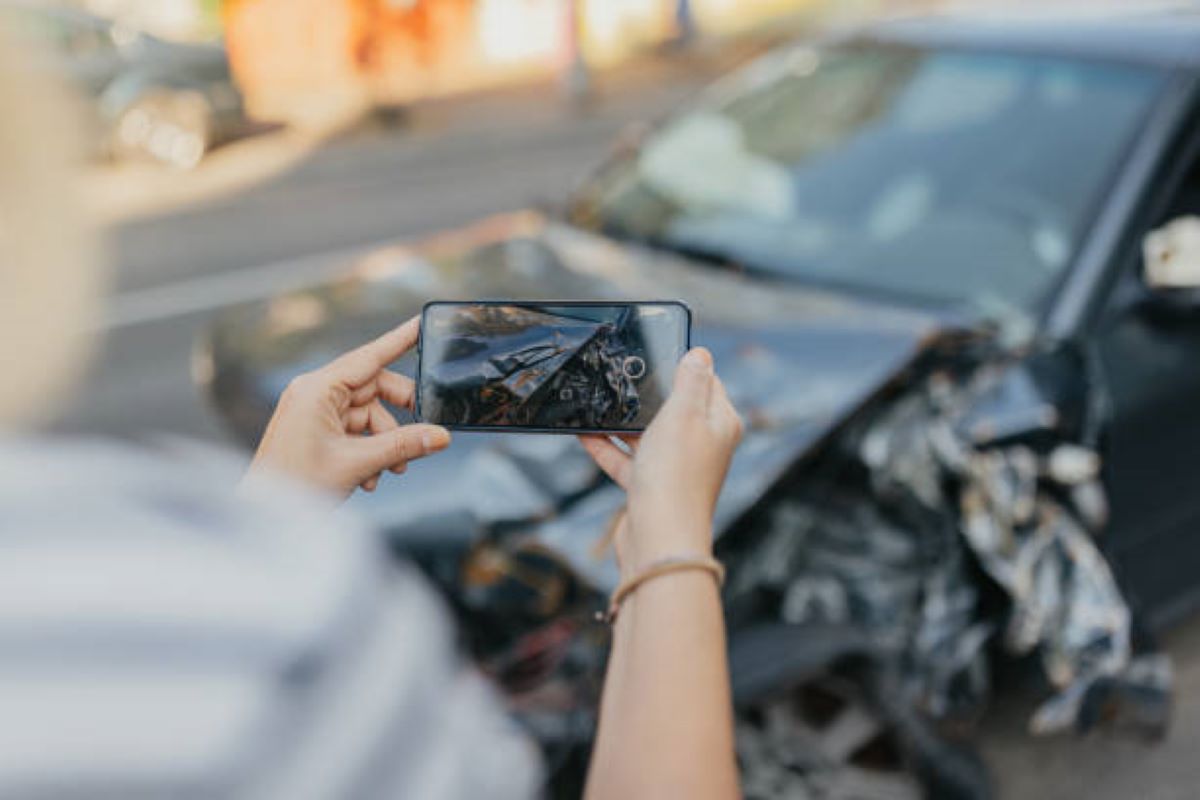
Whether you’re buying from a dealer or a private seller, a vehicle history report can help you rule out problems and find the right car for you. You can also contact the car manufacturer to run a free VIN check. Some companies have VIN lookup tools on their websites. Knowing the make, model, and year is helpful, but once you have the VIN, you should be able to find the correct vehicle specifications.
You can also contact your local Department of Motor Vehicles (DMV) for information about your car or truck. Vehicle records are kept there as well, and they may be able to determine if the car has passed inspection or when it was last registered to whom.
Another way to get a free vehicle history report is to contact your insurance company. You may also have access to a search feature, and by calling your insurance company, they may be able to generate an automated inspection report for your car before you buy it. If you plan on getting auto insurance on this car, you should have it inspected anyway.
Do car dealers have to disclose accidents?
While it’s important to know how to tell if a car has been in an accident, it’s not unreasonable to expect a dealer to tell potential car buyers upfront if their car or truck has been in an accident. Not all car dealers are reputable, and some will outright lie to get you to buy.
But are car dealers legally obligated to tell you if a car has been in an accident? The answer is, “It depends.” In the United States, each state has laws that dictate whether this information must be disclosed to buyers. In most cases, however, minor damage that has been repaired does not have to be passed on.
However, some states require disclosure of serious accidents and trademarks to buyers so that they can make an informed purchasing decision. Check the laws in your state. If the dealer sold you a vehicle that was involved in a serious accident and failed to notify you, you may have legal recourse. You may want to consult with an attorney who specializes in these types of cases.
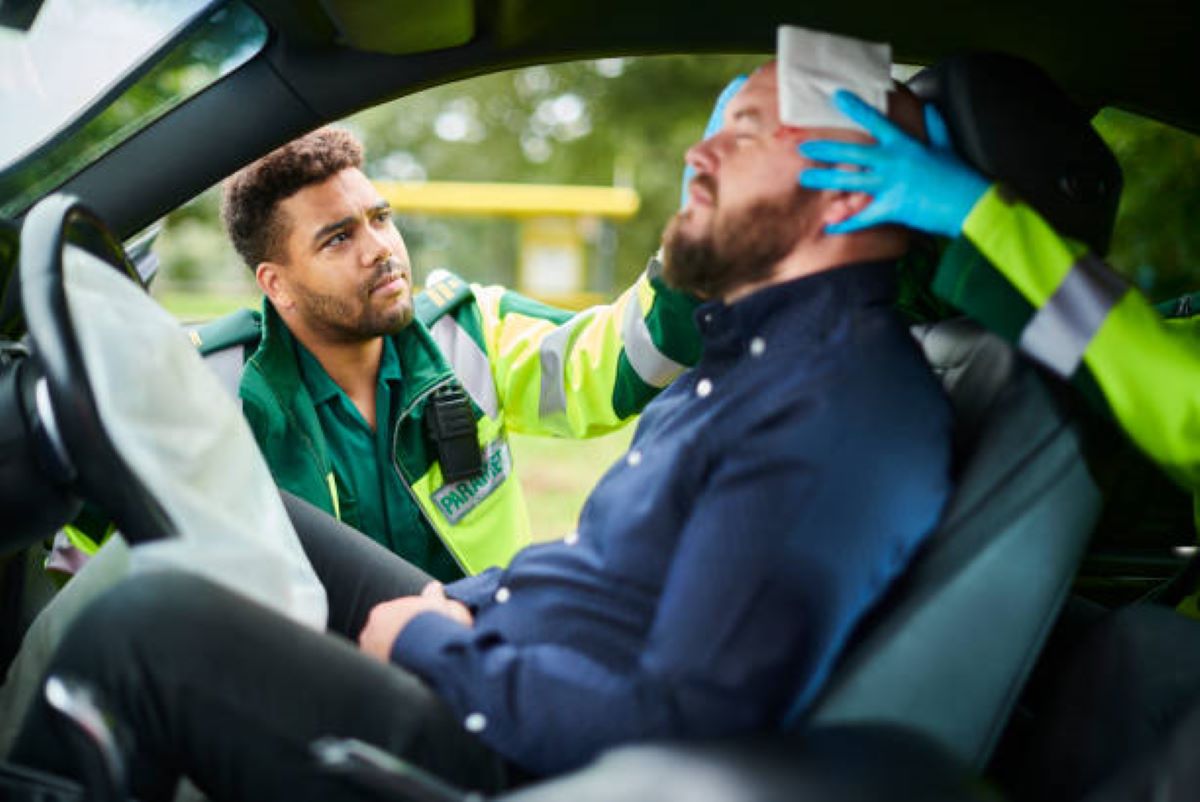
You should be able to receive a full refund or a replacement car without too much hassle. You should keep all notes, documents, and other items that prove the dealer failed to notify you of any accidents the car may have been involved in before the sale. Be aware that some criminals will try to move the vehicle from one state to another to “clean” the title so that it doesn’t show up as a salvage, junk, or other branded title.
You can avoid this problem if you do as much research as possible. Thieves will also roll back the odometer and pass it off as a new car with low mileage. These are just a few examples of used car scams to watch out for.
How to Check Car accident history: Conclusion
In this article, we learnt how to check car accident history online and offline in India. In conclusion, checking the accident history of a vehicle in India is an important step when buying a used car. It’s like solving a Rubik’s Cube for the first time. While the process may seem long and tedious at first, the knowledge will come in handy next time. Knowing how to check the accident history of your car will not only protect you from potential safety risks but also protect you from future legal and financial losses.
Knowing how to check car accident history will give you peace of mind while keeping your eyes on the road. Have a safe journey!
Read Also:

